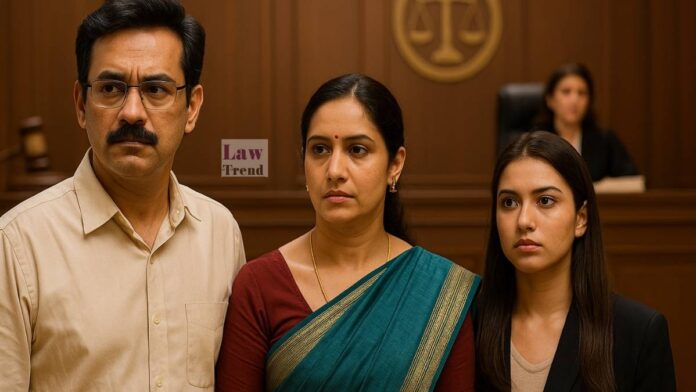The High Court of Orissa has upheld a Family Court order directing a man to pay maintenance to his major, unmarried daughter, ruling that the daughter’s right under personal law can be enforced in a proceeding initiated under Section 125 of the Code of Criminal Procedure (CrPC). Justice G. Satapathy dismissed a revision petition filed
To Read More Please Subscribe to VIP Membership for Unlimited Access to All the Articles, Download Available Copies of Judgments/Order, Acess to Central/State Bare Acts, Advertisement Free Content, Access to More than 4000 Legal Drafts( Readymade Editable Formats of Suits, Petitions, Writs, Legal Notices, Divorce Petitions, 138 Notices, Bail Applications etc.) in Hindi and English.




